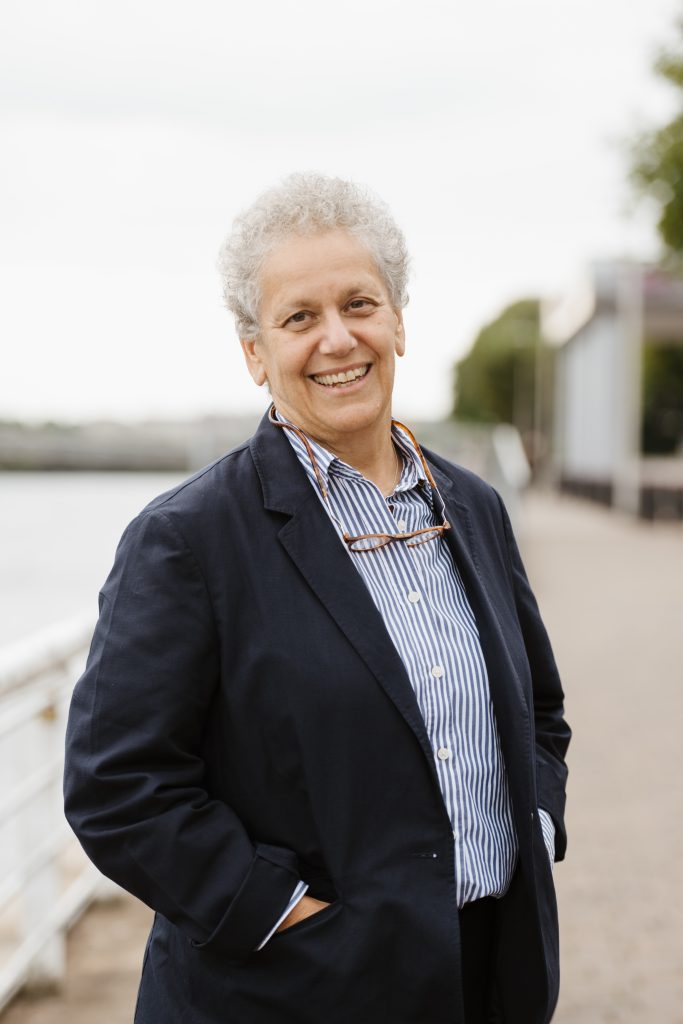#16 Evolution of a faculty development activity: acting on action and developing the developer
Episode host: Linda Snell.

Enjoy listening to us at your preferred podcast player:
Can you improve faculty development by advancing faculty developers’ role and expertise as educators? We discuss it in this week’s paper. We also discuss a new (to the podcast) research methodology: participatory action research.
Episode article
Liao, K.-C., & Peng, C.-H. (2023). Evolving from Didactic to Dialogic: How to Improve Faculty Development and Support Faculty Developers by Using Action Research. Teaching and Learning in Medicine, 1–11.
Background
Faculty development (FD) prepares faculty for their multiple roles and also acts as an ‘instrument of institutional change’. An underexplored area is the transformative changes that happen in the individuals providing the FD: how faculty developers can improve their delivery by researching their teaching practices. This is important as a better understanding of this phenomenon means educators can propose strategies to facilitate the professional development of faculty developers.
Action research (AR) is a form of investigation designed for use by individuals to attempt to solve problems and improve practices in their own environment. It involves systematic observations and data collection which can be then used by the practitioner-researcher in reflection, decision making and the development of solutions.’ (Parsons and Brown, 2002), or from these authors, a form of collective self-reflective inquiry undertaken by researchers in social situations aiming to understand and improve practice with an emphasis on the linkage of reflection, action, and theory of practice and change.’
AR aims to simultaneously investigate and solve an issue, i.e., it conducts research and takes action at the same time, prioritizes reflection and bridges the gap between theory and practice. AR is formative, not summative, and is conducted in an ongoing, iterative way. The participants are effectively co-researchers, with their lived experiences considered formative to the research process, hence it is called participatory AR.
Simply put, it says, ‘let’s study what’s happening in my/our context and decide how to make it better.’ (practice improvement) – somewhat similar to QI but perhaps more ‘personal’.
Action research vs Traditional research
Purpose: Solve immediate problems and improve existing systems vs draw conclusions from data, advance existing knowledge, and provide generalizable and reliable findings.
Context: Reactive, derived from surroundings, usually not theoretical in nature vs focused on creating strong hypotheses and seeking causal relationships between variables, and derived from theory
Significance: Practical vs Statistical.
However, action research has limited generalizability, and results may be difficult to replicate (not considered theoretically rigorous due to the power the researcher holds in drawing conclusions); and is at high risk for research biases.
Back to the context: the first author led a series of workshops for faculty members about mini-Clinical Evaluation Exercise in PGME in a FD program to develop teaching and assessment skills.
Purpose
The author aims to ‘understand how I could improve a faculty development workshop by researching my teaching practices’ using the self-reflective enquiry of AR.
Methods
4 cycles of Action Research: Plan, Act, Observe, Reflect.

Multiple sources of qualitative data for thematic analysis, (briefly described and a reference):
- Author’s reflective journal.
- Field notes taken by a researcher-observer.
- Post-workshop written reflection and feedback in portfolio from fourteen workshop attendees.
Triangulated data.
Results/Findings
Presented as a ‘story’/case study, summarized in Table 1. Each ‘cycle’ started with a plan for the workshop, followed by ‘action’, observation and evaluation then reflection; for each a different theme, thus a different plan, arose. Themes were:
- How to enhance clinical teachers’ engagement.
- How to focus discussion and enhance dialogue.
- Adaptive practice – taking actions, making changes.
- Author empowered to make self-improvement of teaching practices; clinical teachers’ capabilities of feedback and assessment enhanced.
Impact: ‘workshop evolved from didactic to dialogic with continuous improvement on enhanced engagement, focused discussion and participant empowerment … and these processes of action research also supported author’s growth as a faculty developer.’
Conclusions
From the authors: Action research “serves as a vehicle to enable faculty developers to investigate individual teaching practices as a self-reflective inquiry, to examine, rectify, and transform processes of program delivery, and ultimately introduce themselves as agents for change and improvement.”
Comments
Paper is unusual for a ‘generic’ research paper in use of 1st person, though that is OK in action research.
Link with identity formation of educators.
References
Bradbury, H. (2015). The SAGE Handbook of Action Research. SAGE Publications Ltd.
Parsons, R. D., & Brown, K. S. (2002). Teacher as reflective practitioner and action researcher. Wadsworth/Thomson Learning.

0 comments